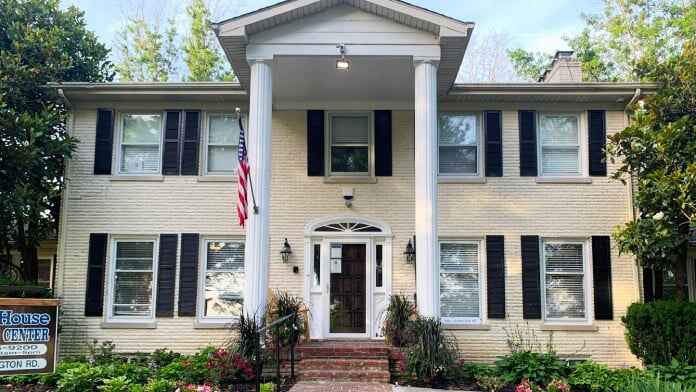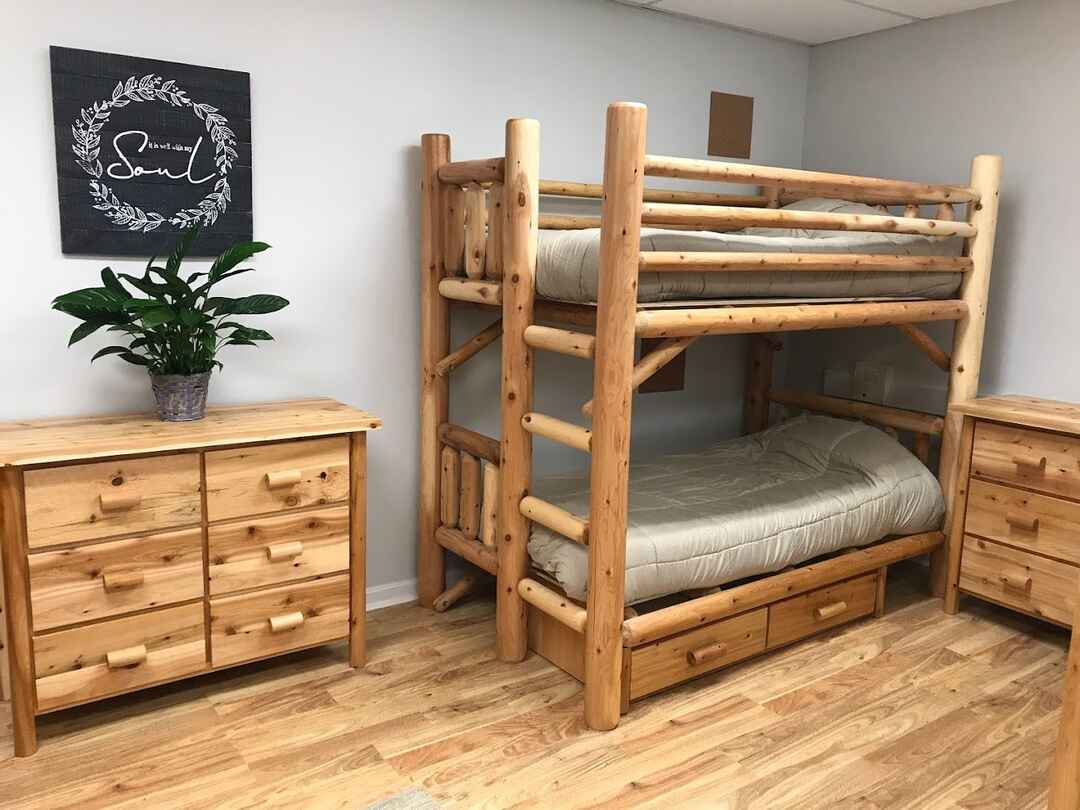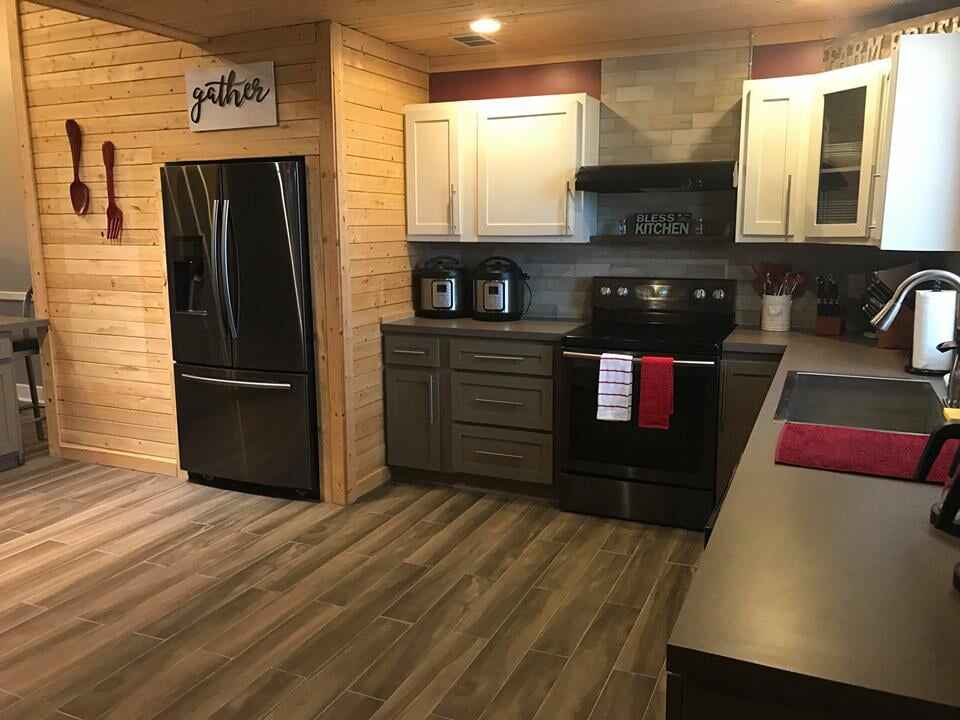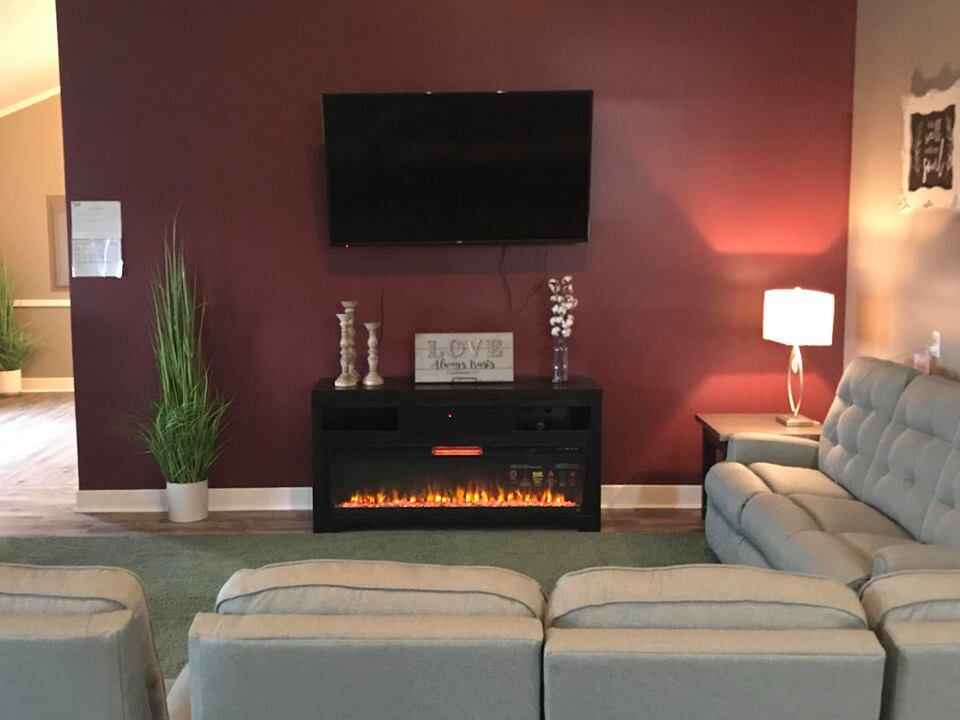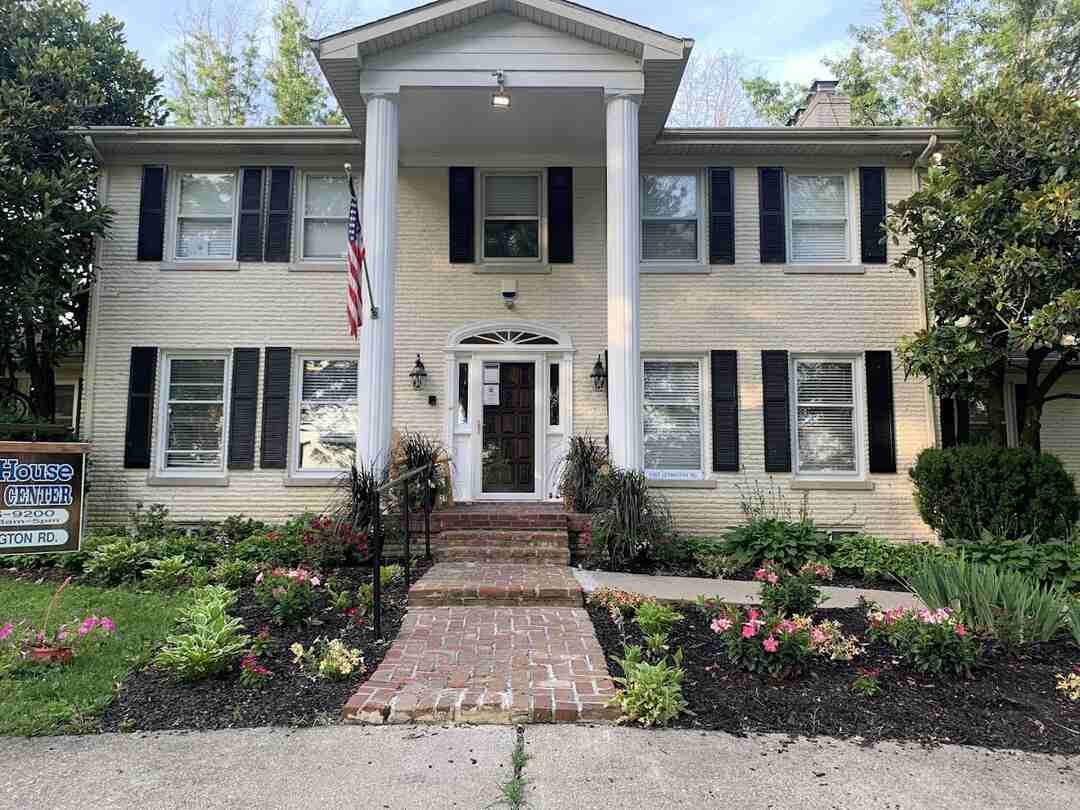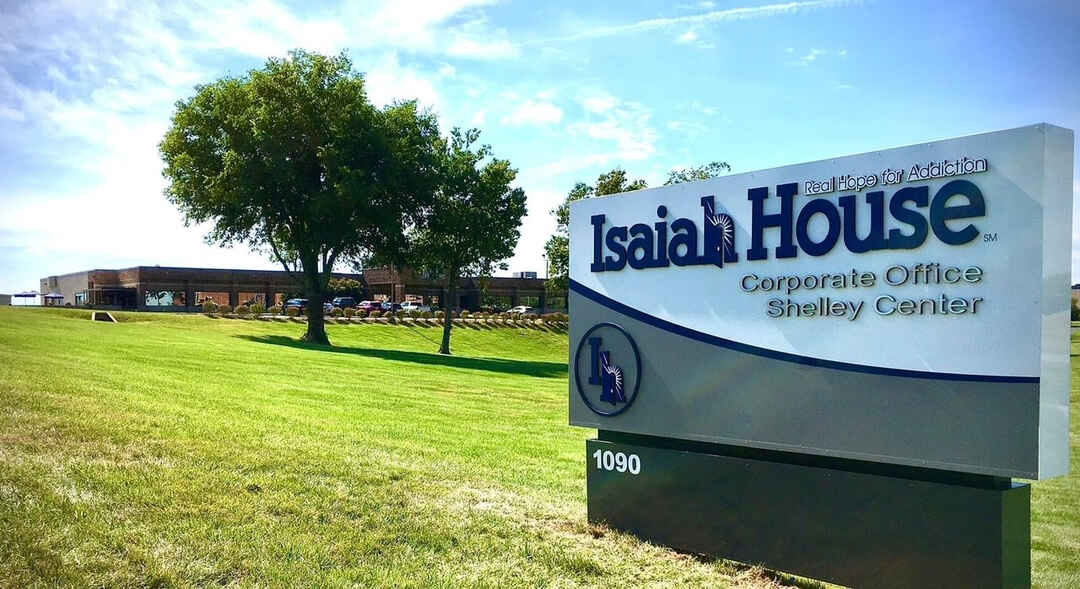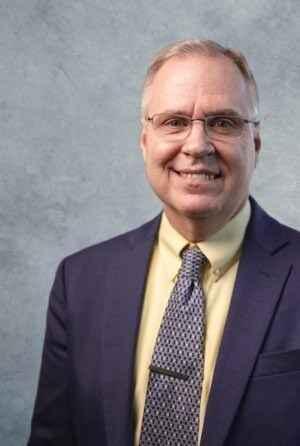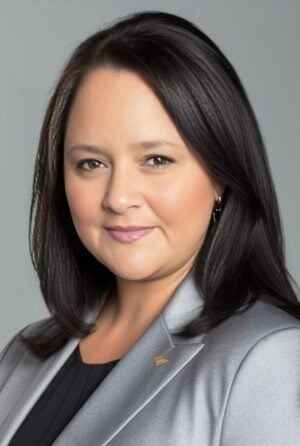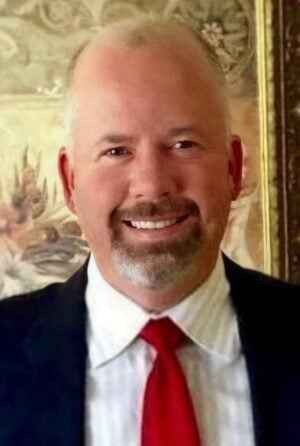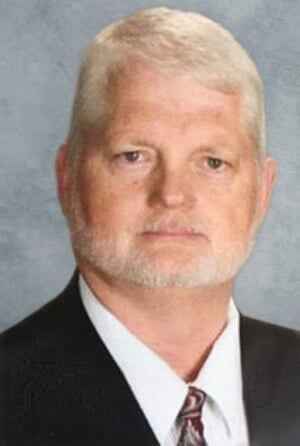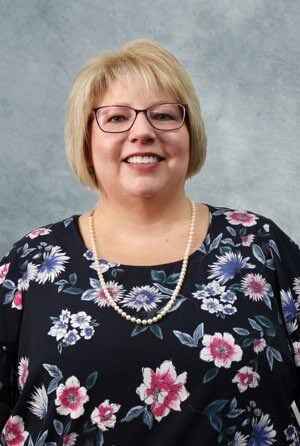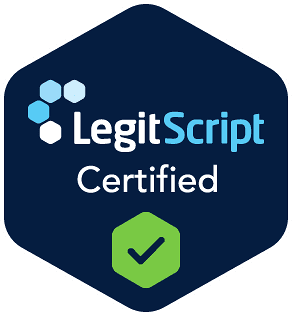About Isaiah House Treatment Center – Harrodsburg
Isaiah House Treatment Center is a drug and alcohol rehab in Harrodsburg, Kentucky. This location is the corporate office, but they have numerous treatment centers throughout the area for different programs and groups, including facilities in Harrodsburg.
Isaiah House’s Shelley Center in Harrodsburg, Kentucky is a 34 bed residential treatment facility for women affected by substance use disorders. The facility is located at the Isaiah House Corporate Office and has its own comfortable and safe space for healing. The center boasts a large meeting room of couches, an exercise room and a dormitory. There’s also a medical office with a resident nurse onsite. It’s a great setting to begin your addiction recovery journey without distractions. They even accept pregnant women with a doctor’s approval.
Their programming includes non-hospitalization detox, medication for opiate use disorders (MOUD) and targeted case management. Non-hospital detox involves some form of medical or professional oversight but not necessarily 24/7 supervision that occurs in a hospital setting. Regardless the procedure is geared towards removing addiction related toxins from your body in preparation for the main treatment.
MOUD is an evidence based technique that uses meds approved by the FDA alongside counseling to support opioid recovery. The goal is to help you reduce cravings and withdrawal symptoms. This improves the chance of recovery and lasting sobriety. The facility provides evidence-based individual and group therapy. Individual counseling enables you to tackle the underlying emotions fueling your substance misuse with the guidance of a licensed clinician. These experts can help you set goals and monitor progress as necessary.
Group therapy promotes community support via peer interaction, connection and sharing of experiences. Sharing your life wins and losses with others facing similar challenges can boost your self confidence. It’s a great avenue to build healthy friendships and relationships that will spark mutual support even after recovery. These can strengthen your sober lifestyle and prevent relapse.
The facility even offers life skill classes that may cover stress/anger management, effective communication and decision-making. This can help you navigate daily challenges and maintain a healthier lifestyle. Additional services include peer support, Celebrate Recovery classes and church outings.
Their targeted case management services complement the program. This may involve client advocacy, care coordination and connection to community resources like stable housing. You can lengthen your stay after this program by stepping down to their residential intensive outpatient program (IOP). They also offer transitional housing for ongoing support and accountability. Emphasis is on finding stable employment and building a sober life as you transition out of treatment.
